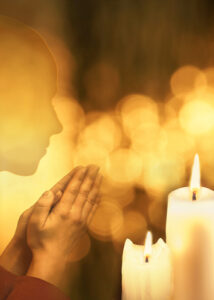 The psychologist Howard Gardner once proposed a “bodily-kinesthetic intelligence,” characterized as the ability to use one’s body in highly differentiated and skilled ways. Educator Ruth Foster addresses this intelligence even more directly: “We are in the world through our body, and the basis of knowledge lies in sensori-motor experience, the most intimate way of knowing.”
The psychologist Howard Gardner once proposed a “bodily-kinesthetic intelligence,” characterized as the ability to use one’s body in highly differentiated and skilled ways. Educator Ruth Foster addresses this intelligence even more directly: “We are in the world through our body, and the basis of knowledge lies in sensori-motor experience, the most intimate way of knowing.”
I’m sure Laban would agree with both statements. But for him, bodily knowing goes beyond practical concerns to the transcendental realm of “gnosis.”
Gnosis (from the Greek) simply means knowledge. More specifically, gnosis has come to mean knowledge of spiritual mysteries. Even more specifically, gnosis implies knowledge of the divine that is not based on belief or religious authority but on direct personal experience.
Gnosis is the aim of the movement rituals of the Dervishes. As Laban writes, “We should never forget that every gesture and action of our body is a deeply rooted mystery. Thus bodily actions become a means of producing moments of ecstasy or clairvoyant concentration.”
